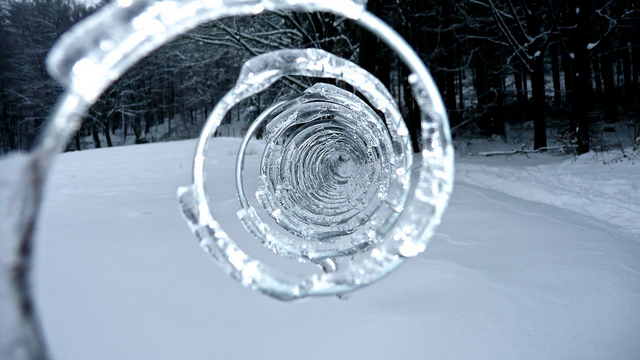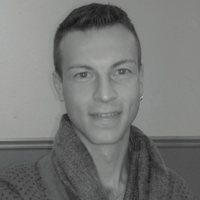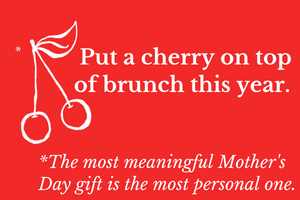
To see the previous “December Meditation,” click here.
.
I find myself sitting quietly, awaiting dinner to finish simmering.
A soft piano plays gently in the background, thanks to the magic of the Pandora application. I have a cup of hot tea steeping beside me, the pleasant steam mixed perfume billowing into my senses.
Beyond the four walls that contain myself, a lover and the heat—the world beyond is quiet and dark. Clouds cover the sky, the moon has been waning, and the darkness has again engulfed our little lives.
There is warmth in my chest though—there has been a fire kept there.
Winter for many of us can be a difficult time. Those who suffer from depression have increased symptoms throughout the season, and others catch a case of the winter-blues. Still others are affected—not so much by brain chemistry and amino acids—but rather their own sorrow comes, I believe, from an emotional unrest. An inability to cope without the physical light. An inability to find joy, playfulness, and peace in the dark.
“When it is dark enough, you can see the stars.” ~ Ralph Waldo Emerson
The light of day gives us time to run about the world, in our own playgrounds—distract ourselves from our inner world—and as the sun sets late in the afternoon, we crash and are taken by sleep to repeat the cycle. Without giving time, attention and thought to our inner workings—to our hidden psyche—we are never fully able to walk into the sunlight of the Spirit.
We are but on merry-go-round that allows for our entertainment. We must—if we are to experience a more complex level of freedom—go within ourselves. We must look deeply at our behaviors, at our defects, at our obsessions and at our own neuroses, so that we are able to shine the light of awareness on them.
If we have a practice, whatever that may be, we are more engaged with this inner world, and we understand that within us there are not only defects and obsessions, but beautiful and powerful places as well. In the darkness of winter, without our preceding practice, our doubts and fears rise to the surface.
We fall into the trap of our thinking minds—and suffering follows.
Winter, in and of itself, is neither good nor bad. What it does cause us to do, though, is slow down—to take stock and to look at ourselves. Nature reflects this, as we watch life draw itself back in the earth. Winter provides us a prime opportunity to plunge deeply into ourselves and discover our whole being.
“Wholeness is not achieved by cutting off a portion of one’ s being, but by integration of the contraries.” ~ C.G. Jung
With these as my meditations, I am able to take comfort in the knowledge that I am human—that I do not have to feel exuberant all of the time. That being human means experiencing a wide variety of emotions, sensations and processes.
I cause my own suffering when I obsess over the not so pretty places within me. I have to remind myself to stay present, to show loving-kindness to myself and to take fortitude in my humanity. I have to remind myself, I am just entitled to my darkness as I am to my light and that I must have the dark in order to perceive the light.
When I sit down on my mat to become still, I practice surrender and acceptance.
I try and practice acceptance for life, just as it is, in this very moment. I try and practice surrendering to the moment just as it is—without trying to manipulate, manage or control. I simply let it be.
Winter reminds us to let ourselves cycle through our own inner processes, as we come to terms with the reality that we are not perfect people—not the saints that we thought we were—and to be okay with that.
It reminds us as well, that just beyond—the sunlight and warmth will spill back over our consciousness, because all things move in a sacred spiral.
Relephant:
December Meditation: the Darkness of Winter is a Door.
Author: Jacob Crisp
Editor: Yoli Ramazzina
Photo: Flickr/Samuel John






Read 0 comments and reply